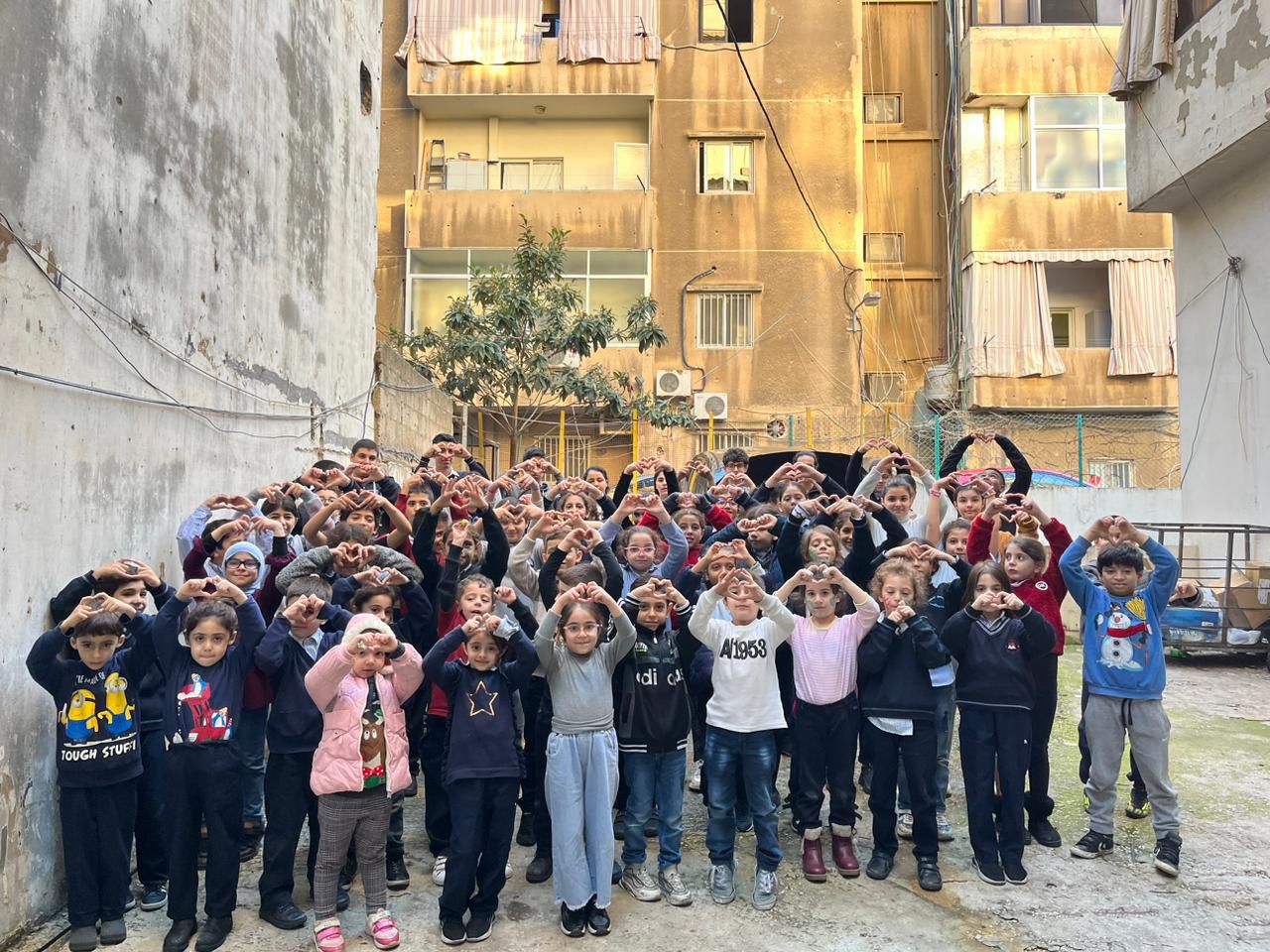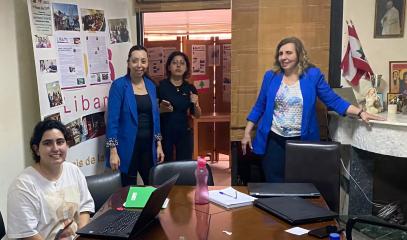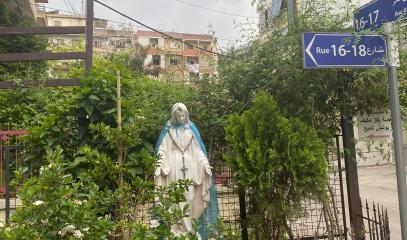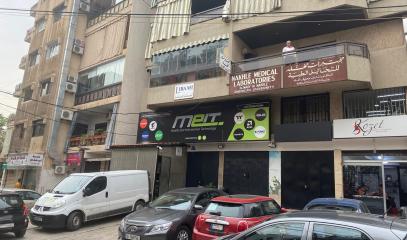Libami: Beyond the crisis, the mission among Beirut's street children
Refugees, the banking and political crisis have exacerbated the population's social malaise. An association founded in 1986 thanks to the intuition of a widow and a priest responds to the growing needs. Today it supports over 600 families in the northern part of the capital. Nohad Azzi: 'Only faith continues to keep Lebanon on its feet'.
Beirut (AsiaNews) - The influx of refugees, the banking crisis and the political turbulence (which blocked the election of the president) have exacerbated beyond all imagination one of the great problems affecting Lebanon today: unease and a widespread feeling of social malaise. In complete silence, an immense - and widespread - condition of poverty is devastating the Land of the Cedars: children who go to bed without eating; sandwiches with dried bread or tomato puree as the only meal; sick people dying on the doorstep of the hospital; unhealthy housing; students condemned to drop out of school and work early, not to mention domestic violence and sexual abuse committed against minors.
Founded during the war years, located in two superimposed apartments in the working-class neighborhood of Sin el-Fil, “Libami” [which stands for LIBano-AMIcizia] is at the service of the pocket of poverty that has formed on the northern outskirts of Beirut where they mix together Lebanese, Kurds, Armenians, Egyptians, Iraqis, Asian migrants and a growing number of Syrians.
The need for an association emerged in 1986, following the cry of alarm raised by Nohad Azzi, a widow from Damour, on Fr. Francis Leduc of the White Missionary Fathers of Africa. A religious man, but above all a true man of listening who passed away in December 2022, who had taught moral theology at the Higher Institute of Religious Studies of Saint-Joseph University for 20 years.
It is the tenacity, faith and self-sacrifice of the founders that have allowed the organisation, which works behind the scenes, to survive. “The 2019 banking crisis wiped out Lebanese donors,” Nohad Azzi tells AsiaNews. “Today we resist - he continues - thanks to a sister community founded in Cholet, France, as well as sponsorships and some important benefactors outside Lebanon. But we don't know what tomorrow will bring."
The Lebanese Ministry of Social Affairs does not guarantee any resources and the state coffers, drained by an amoral and short-sighted ruling class, have now been emptied.
Nonetheless, Libami continues its work thanks to the contribution of around twenty permanent members including eight educators and four social workers. It works mainly by meeting and supporting families without medical or social coverage, especially the larger ones made up of five, six or up to nine people crammed into a single room with a semblance of a kitchen, rolled mattresses and a television.
Usually the mother is a cleaner, the father a day worker in the best cases, otherwise sick, unemployed or... in prison. Some of the children may suffer from different types of trauma including autism, Down syndrome, mental retardation and just to mention the most recurrent cases.
“With these families” explains the activist, “Libami develops an action plan that can take different forms: emergency aid (especially medical), regular support in the form of school sponsorship (150 beneficiaries at the moment) or transport , integration of family members in the activities organized by the association”. In this way, around 600 families are helped with basic necessities or other programs.
Libami also has a seasonal chocolate laboratory where it creates a quality product thanks to raw materials coming from Belgium. It is activated on the eve of the holidays, allowing, among other things, 27 mothers to be able to supplement their income. “Every year 600 kilos of chocolate are sent to Cholet” Azzi underlines with satisfaction.
Save children from the streets
Libami also provides educational support to 70 young people living in cramped accommodation where there is insufficient space to work or study. The association makes its premises available to them every afternoon, from Monday to Friday. They are also provided with a hot meal.
Libami's real concern is first of all the street children who do not go to school or who are put to work at an early age as vegetable sellers, mechanics and other small workshops. “We do everything possible - says Nadine, one of the educators - to keep children away from the streets, which is an open door to all kinds of dangers: begging, delinquency, solicitation, prostitution, pornography, drugs and even organ trade. What wouldn't you do - she adds - a child for a hundred dollars.
In the neighborhood there is widespread talk of a pedophilia ring that has just been dismantled, whose members frequented public schools to lure boys and girls. “The country is collapsing - concludes Nohad Azzi, sensitive to the climate of impunity and the decay of the institutions of the moment - which is why only faith continues to keep Lebanon standing”.










.png)










